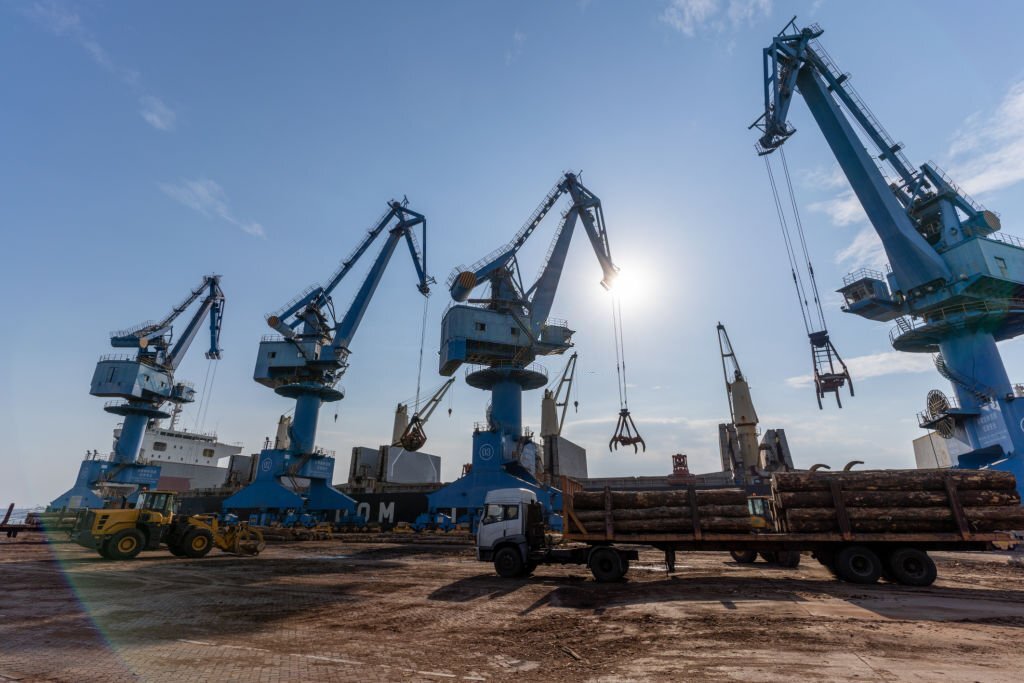
Operating material handling equipment is vital for businesses involved in the movement, storage, and transportation of goods. However, various challenges can arise during the operation of this equipment, affecting efficiency, safety, and overall operational performance. In this article, we will explore some common challenges faced in operating material handling equipment. Understanding these challenges, such as operator training, equipment maintenance, safety concerns, operational inefficiencies, and environmental factors, enables businesses to develop strategies to overcome them and optimize their material handling operations.
Operator Training and Skill Development:
One of the primary challenges in operating material handling equipment is ensuring operators are adequately trained and possess the necessary skills. Operating heavy equipment requires expertise in equipment operation, load handling techniques, and safety protocols. Inadequate operator training can lead to accidents, product damage, and inefficient operations. Businesses need to invest in comprehensive training programs, certifications, and ongoing skill development to ensure operators are competent and capable of operating the equipment safely and efficiently.
Equipment Maintenance and Downtime:
Regular maintenance and prompt repairs are essential to keep material handling equipment in optimal working condition. However, equipment breakdowns and unscheduled maintenance can lead to unplanned downtime, disrupting operations and impacting productivity. To address this challenge, businesses should establish preventive maintenance schedules, conduct regular inspections, and promptly address equipment issues. By implementing a proactive maintenance approach, businesses can minimize equipment downtime and maximize operational uptime.
Safety Concerns:
Safety is a critical aspect of operating material-handling equipment. Challenges related to safety can arise due to operator errors, inadequate safety protocols, or equipment malfunctions. It is crucial to prioritize safety by implementing comprehensive safety training programs, establishing clear safety protocols and guidelines, and ensuring the availability of safety features on the equipment. Regular safety audits and inspections can help identify potential hazards and address them promptly, creating a safer working environment for operators and reducing the risk of accidents.
Operational Inefficiencies:
Operational inefficiencies can hinder the smooth operation of material handling equipment. These inefficiencies may be caused by factors such as inefficient workflows, poor coordination between different processes, or suboptimal equipment utilization. To address this challenge, businesses should analyze their material handling processes, identify bottlenecks, and implement strategies to optimize workflows. This may include redesigning layouts, implementing automation, or improving communication and coordination between teams. By streamlining operations, businesses can improve efficiency, reduce costs, and enhance overall productivity.
Environmental Factors:
Environmental factors can pose challenges in operating material handling equipment, particularly in outdoor or harsh environments. Factors such as extreme temperatures, moisture, dust, or corrosive substances can affect the performance and lifespan of the equipment. Businesses should select equipment that is designed to withstand specific environmental conditions and implement measures to protect the equipment. This may include installing protective covers, conducting regular cleaning and maintenance, and providing proper storage facilities. By addressing environmental challenges, businesses can extend the equipment’s lifespan and minimize disruptions caused by environmental factors.
Conclusion:
Operating material handling equipment comes with various challenges that can impact efficiency, safety, and operational performance. By recognizing and addressing these challenges, businesses can optimize their material handling operations. Prioritizing operator training and skill development, establishing effective equipment maintenance practices, ensuring safety compliance, streamlining operations, and addressing environmental factors are essential strategies to overcome these challenges. By implementing proactive measures and continuously improving processes, businesses can enhance the efficiency, safety, and overall performance of their material handling operations.



